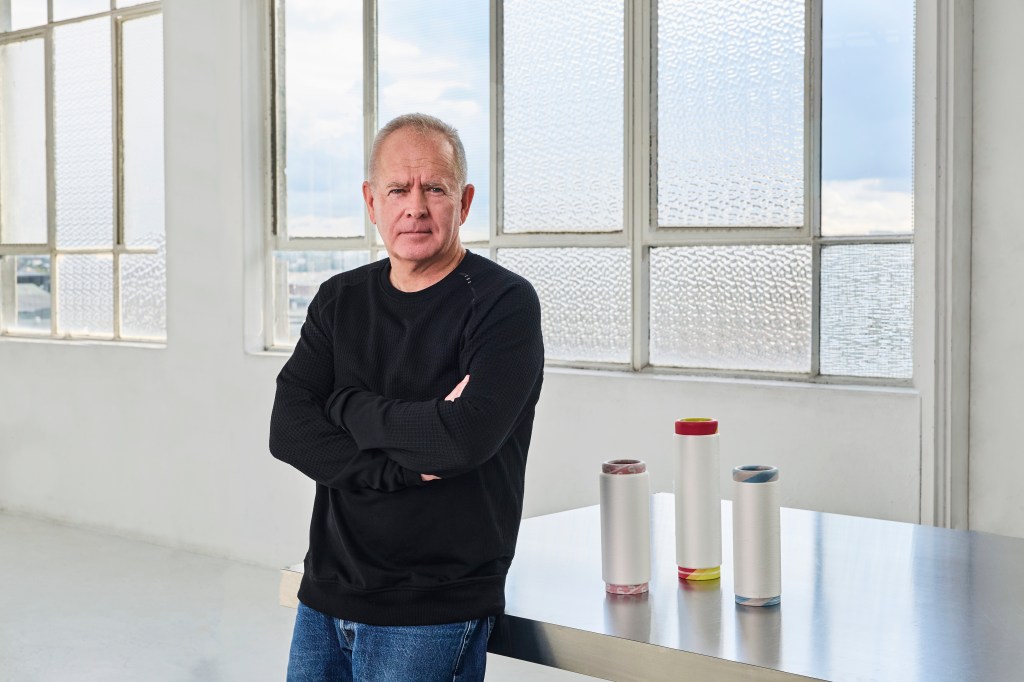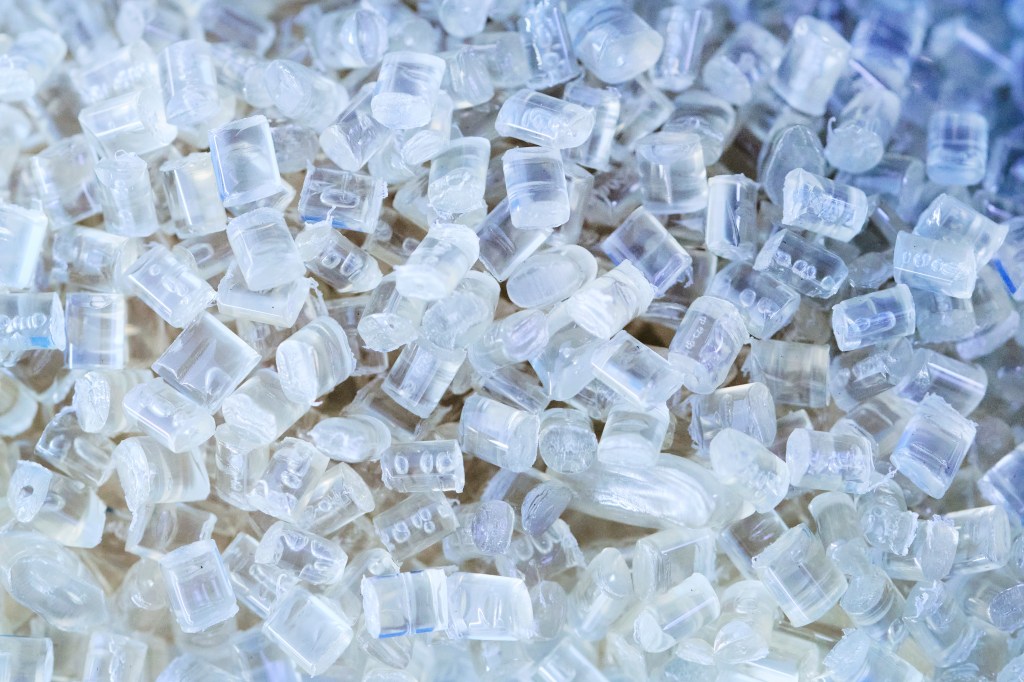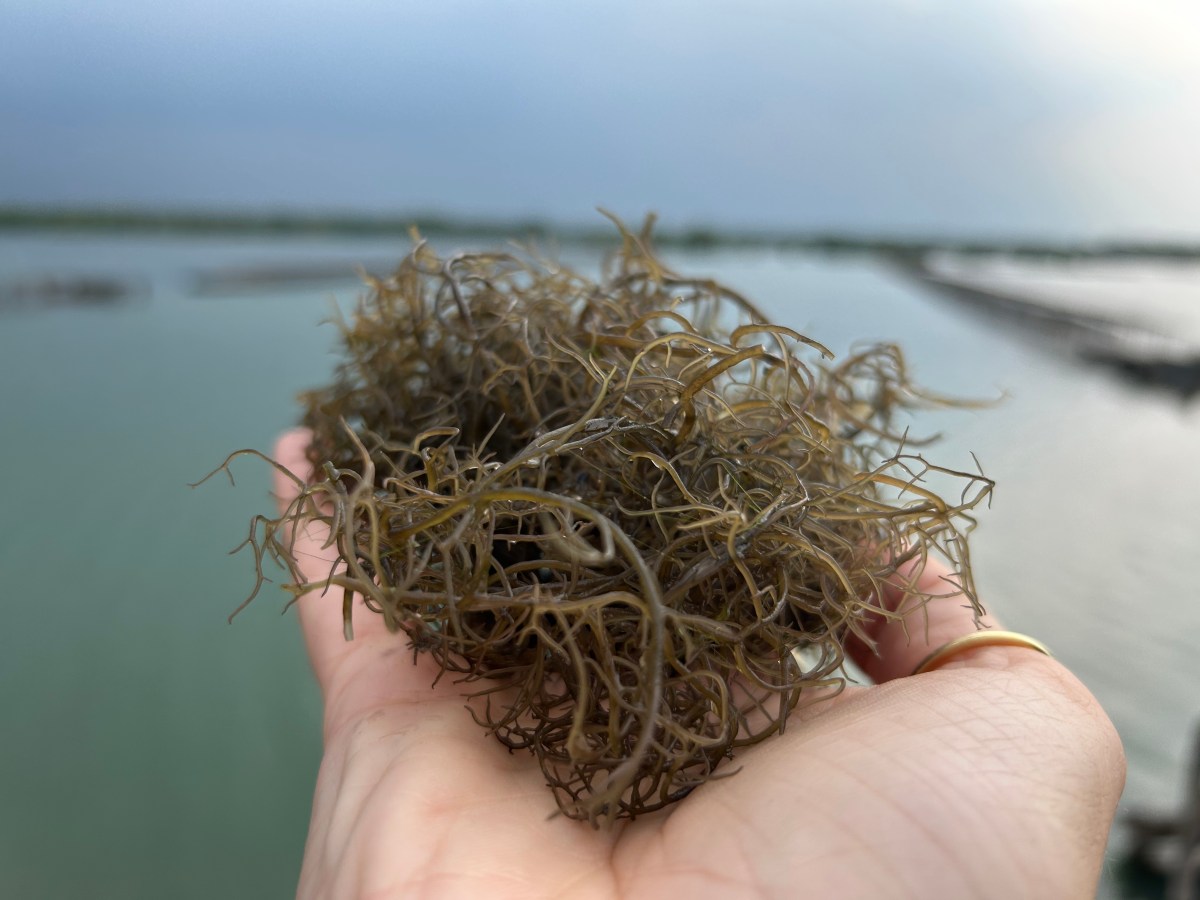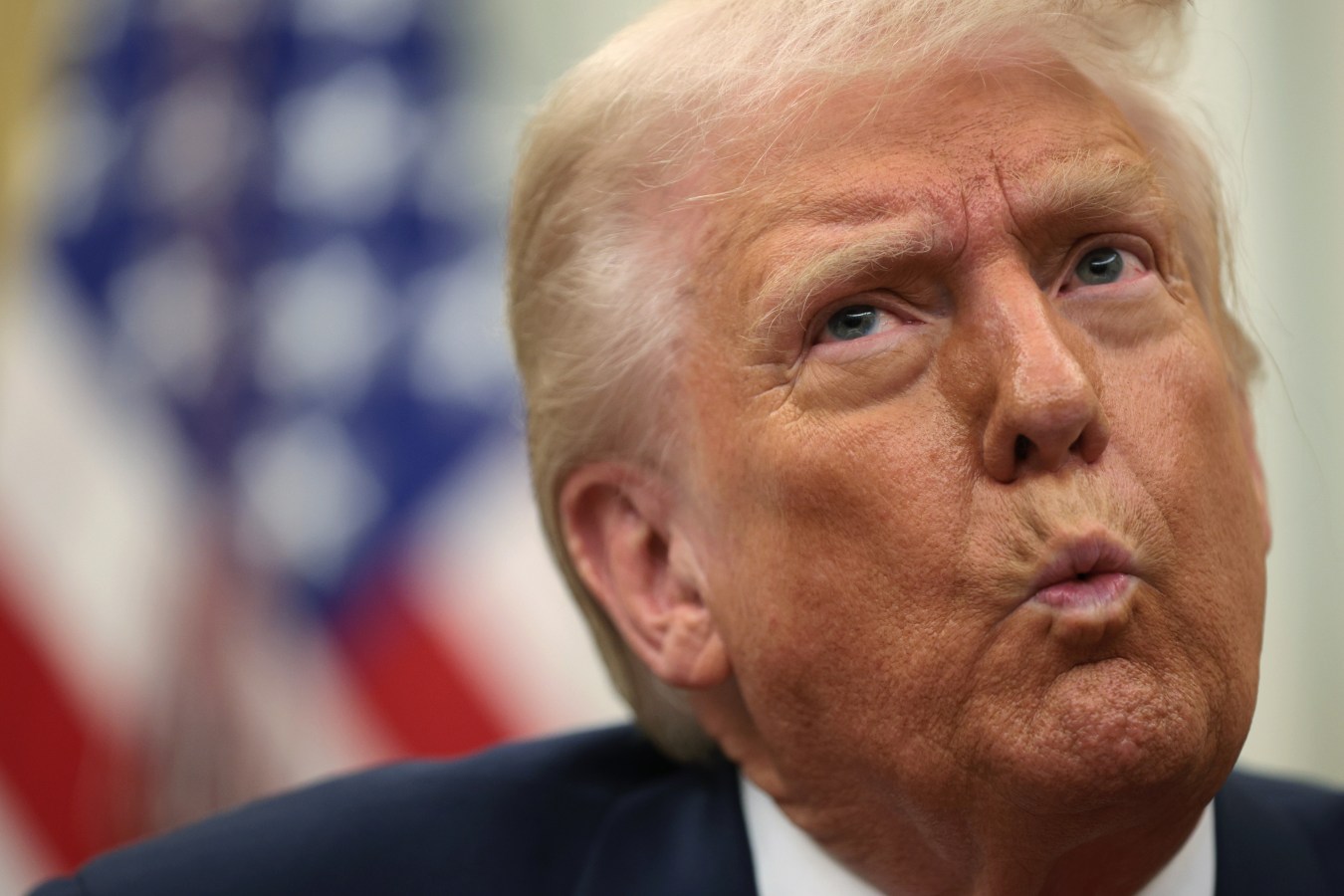The enviro-tech innovator’s patented enzymatic recycling technology allows industries to create an infinite life for plastics.

The company, which launched out of Australian National University in 2020 with the backing of Main Sequence and Woolworths Group’s W23, has raised $100 million (US$65 million) in its Series A+ round led by Temasek (headquartered in Singapore), representing one of the largest A+ rounds to date.
Samsara Eco made its name through its patented enzymatic recycling tech, EosEco, which combined science and technology to create a family of plastic-eating enzymes. These enzymes break down plastic waste (like textiles made from nylon and polyester) into raw materials, which can then be integrated back into the manufacturing process to create new products.
The company says the capital will help it scale its enzymatic recycling capabilities, with new commercial facilities to be built in South East Asia over the next few years. It also plans to scale its tech to infinitely recycle all forms of plastics and tackle new sector supply chains like in automotive, electronics and consumer packaged goods.
Samsara Eco demonstrates how science can deliver a real solution to huge problems — in this case, the accumulation of plastic waste and the continued need to produce new plastics from fossil fuels.
Phil Morle, Partner, Main Sequence
“Plastics have been an environmental disaster with almost every piece of the 9 billion tonnes ever made still on the planet. But almost all plastic is reusable and recyclable with the right technology. We’re on a mission to end plastic waste and with it, repair our climate,” CEO and founder of Samsara Eco, Paul Riley, said.
“The ability to infinitely recycle plastic in an environmentally friendly way is a game changer for brands and our planet. Our enzymatic recycling technology makes it easy for brands in almost every industry to meet their sustainability and decarbonisation goals by creating a circular loop for plastics. We’ve already made significant traction in the textile space but this is just the beginning.”
Related
Main Sequence partner, Phil Morle, said the team have made significant strides to eliminate textile waste, and will be vital in the journey towards a sustainable future.
“Samsara Eco demonstrates how science can deliver a real solution to huge problems — in this case, the accumulation of plastic waste and the continued need to produce new plastics from fossil fuels,” Morle said. “Deep tech venture capital fuels this science with a rapid path to market, helping accelerate impactful change in the world. We are steadfast believers in this mission and Samsara Eco.”
This latest round of funding backs onto the company’s $56 million (US$37 million) Series A in 2022, which helped it build its first proof-of-concept facility. That continues to operate out of Mitchell, ACT. Construction of its new innovation campus in Jerrabomberra, NSW, is underway, and will provide additional facilities for global brands to partner and test.

In total, Samsara Eco has raised more than $160 million in funding from local and global investors, like Breakthrough Victoria, Lululemon, Temasek, Wildcard Ventures and more.
“We’re creating a first-of-its-kind infinite recycling process that is genuinely better for our planet. EosEco™ reduces the end-to-end recycling time, while also operating at a lower temperature and pressure to ultimately reduce waste and carbon emissions,” Riley said. “By solving the circularity piece of the puzzle for all plastics, we’re making it possible to imagine a more sustainable future.”
Are you – or is someone you know -creating the next Afterpay or Canva? Nominations are open for Forbes Australia’s first 30 under 30 list. Entries close midnight, July 15, 2024.
Look back on the week that was with hand-picked articles from Australia and around the world. Sign up to the Forbes Australia newsletter here or become a member here.



